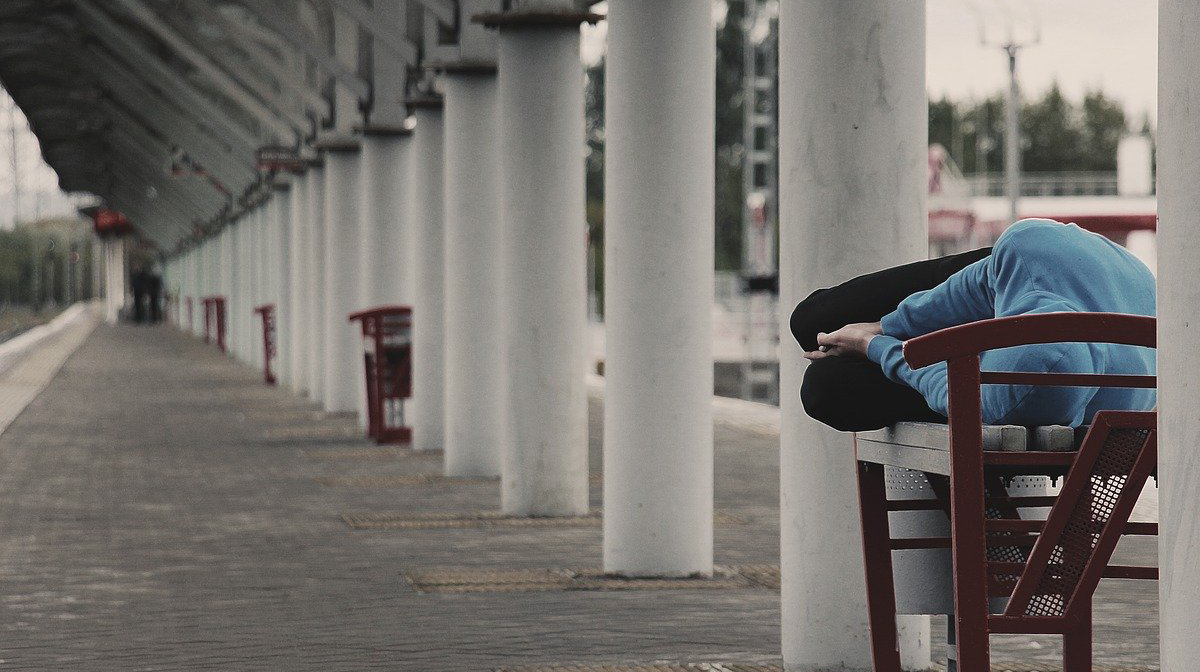The effect of Coronavirus on the homeless
Ever since Covid-19 became a prevalent issue in England, it had placed the country in lockdown, which started on the 16th March and began to ease with the re-opening of pubs, restaurants and hairdressers on

Ever since Covid-19 became a prevalent issue in England, it had placed the country in lockdown, which started on the 16th March and began to ease with the re-opening of pubs, restaurants and hairdressers on the 23rd of July. In the span of those 5 months, the average person spent the majority of their time indoors, some whipping coffee and others using it as an opportunity for personal growth. But what about those that are homeless, and what does the easing restrictions mean for them.
What changes shaped normality to the new ‘lockdown normal’?
Due to the restrictions on contact and interactions, a number of businesses started to reduce cash payments, and switched to card payments only. As a result, online shopping saw an exponential growth, be it for commercial giants like Amazon, or small businesses. The declining use of cash payments continued to be prominent in months as late as August, which, even as lockdown restrictions eased, didn’t seem to be going away. And neither was homelessness.
The biggest change however seemed to be regarding employment. According to the BBC, the unemployment rates for June – August was an incredible 4.5%, which was an increase of 0.4% compared to the previous three months. This meant that 1.5 million people were unemployed for this period of time. And despite the help the Furlough scheme provided the employed, some resources became available for those who weren’t as fortunate.
An example of this is the ban on evictions, which stated that landlords aren’t allowed to evict residents based on missed rent payments.
How would this normally impact the homeless?
The first considerable point is that the homeless would have to overcome the obstacle of purchasing- anything. In this scenario, buying food and other resources becomes almost impossible without public help, which under normal circumstances they might get. However during lockdown, when social distancing is preached on every platform accessible, this becomes increasingly harder. It would also be emphasised by the growing unemployment rates that would cause a flux of homeless people to get by on the street.
How the lockdown impacted homelessness
Despite the above suggestion, the actual outcome of the lockdown was surprisingly positive, The Guardian stating that ‘Coronavirus nearly ended homelessness for good.’ In the same article, it was revealed that the government pledged £3.2 million to help the homeless isolate by offering them temporary accommodation. This is amazing, as the rate of homelessness increased from 7% to 123% over the past decade, but was reduced to almost zero through funding as a result of the pandemic.
Not only did this prevent the infection of thousands of homeless people, but also helped reduce the number of people relying on the over-worked hospital system.
What happens now?
Despite this amazing contribution that helped protect the homeless from infection, the funding to support this has been gradually decreasing starting July. This results in masses ending back on the streets. This would kickstart a domino effect, as there is a higher chance of infection amongst the community. As they have less availability to protective measures, such as masks and regular hand washing, they act as a catalyst of infection. Therefore, the cases of coronavirus sufferers increase, and not long after, restrictions begin to be set in place, and another lockdown is under way.




